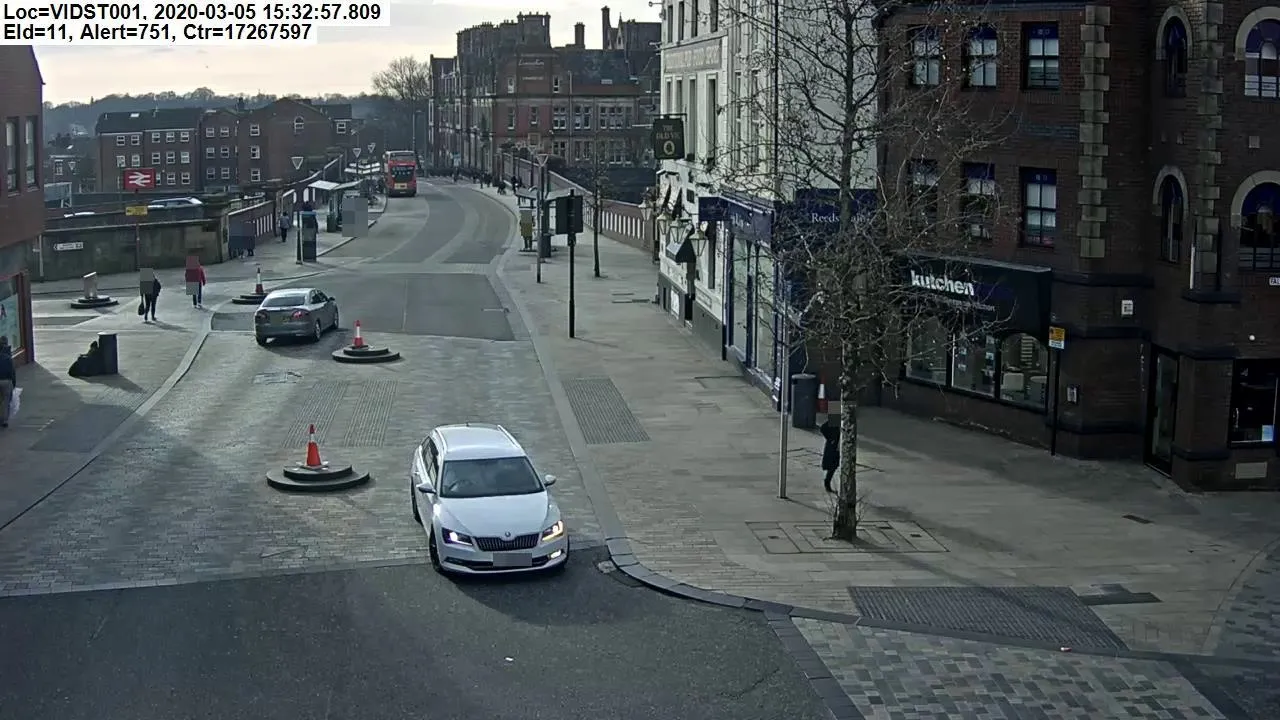The Hungarian government is to offer grants to incentivise the uptake of electric vehicles (EVs) as part of its Climate and Nature Protection Action Plan.
By Ben Spencer
March 25, 2020
Read time: 1 min

The plan will offer higher grants for small and cheap EVs while also ensuring that all newly-built residential and office buildings feature charging stations.
László Palkovics, minister for innovation and technology, says the plan comprises a range of measures which seek to reduce harmful emissions.
Part of the initiative includes a green bus programme to support the procurement of low- and zero-emission vehicles in public transport.








